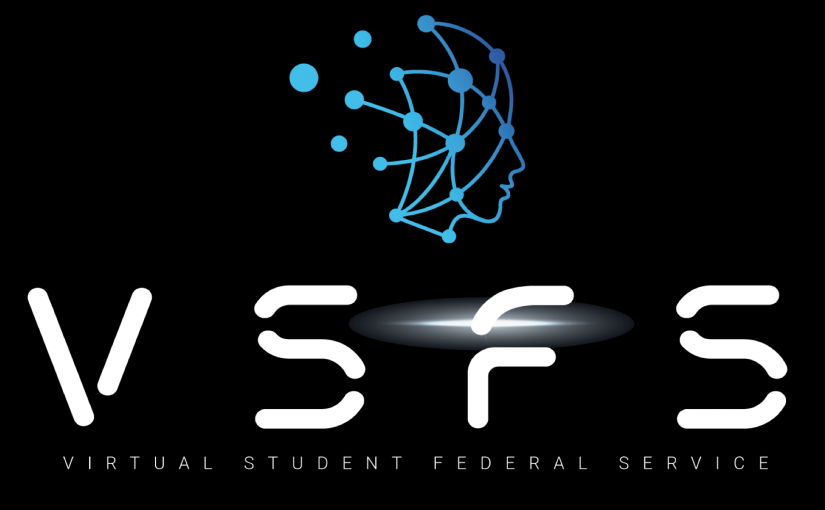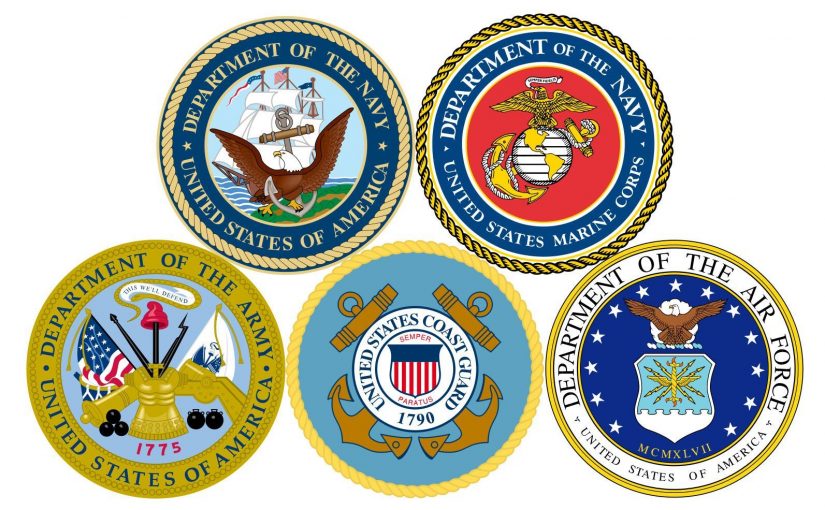Every summer, the State of Wisconsin offers internships for students across culturally diverse groups, so they can experience the professional work environment of Wisconsin State Government. Since the inception of the program, the program has placed close to 4,000 students in internship positions across more than 30 state agencies and university campuses.
The Student Diversity Internship Program provides students with valuable, paid work experience and training in various branches of state government over the summer break. Many interns have gone on to obtain employment in state government as limited term or permanent state employees.
To participate in the Student Diversity Internship Program, students must be 18+ years of age and be attending, have plans to attend, or recently graduated from a two- or four-year college or university, graduate program, or a vocational/technical school program.
Visit the State of Wisconsin Student Diversity Internship Program web site to see this summer’s openings!




